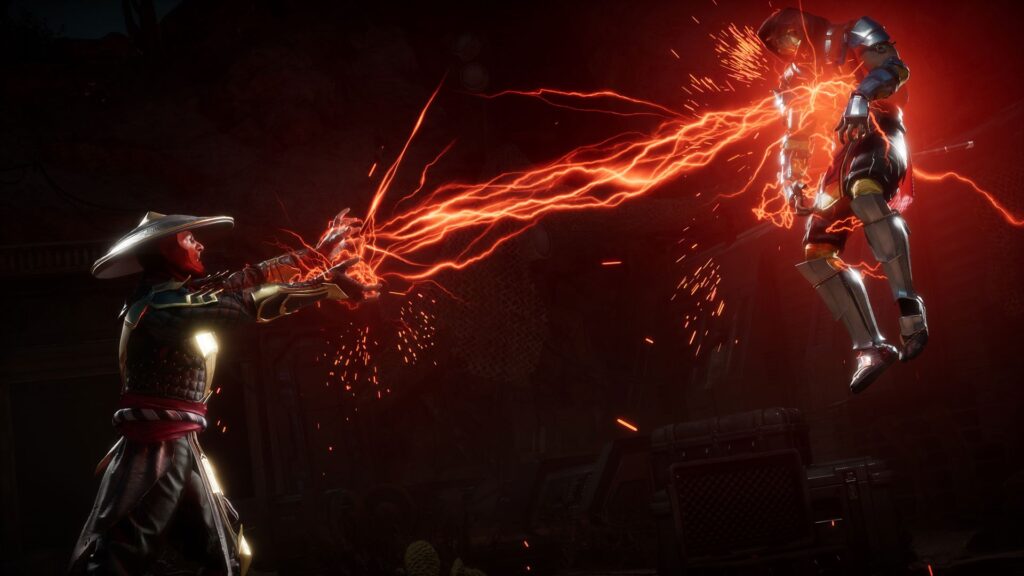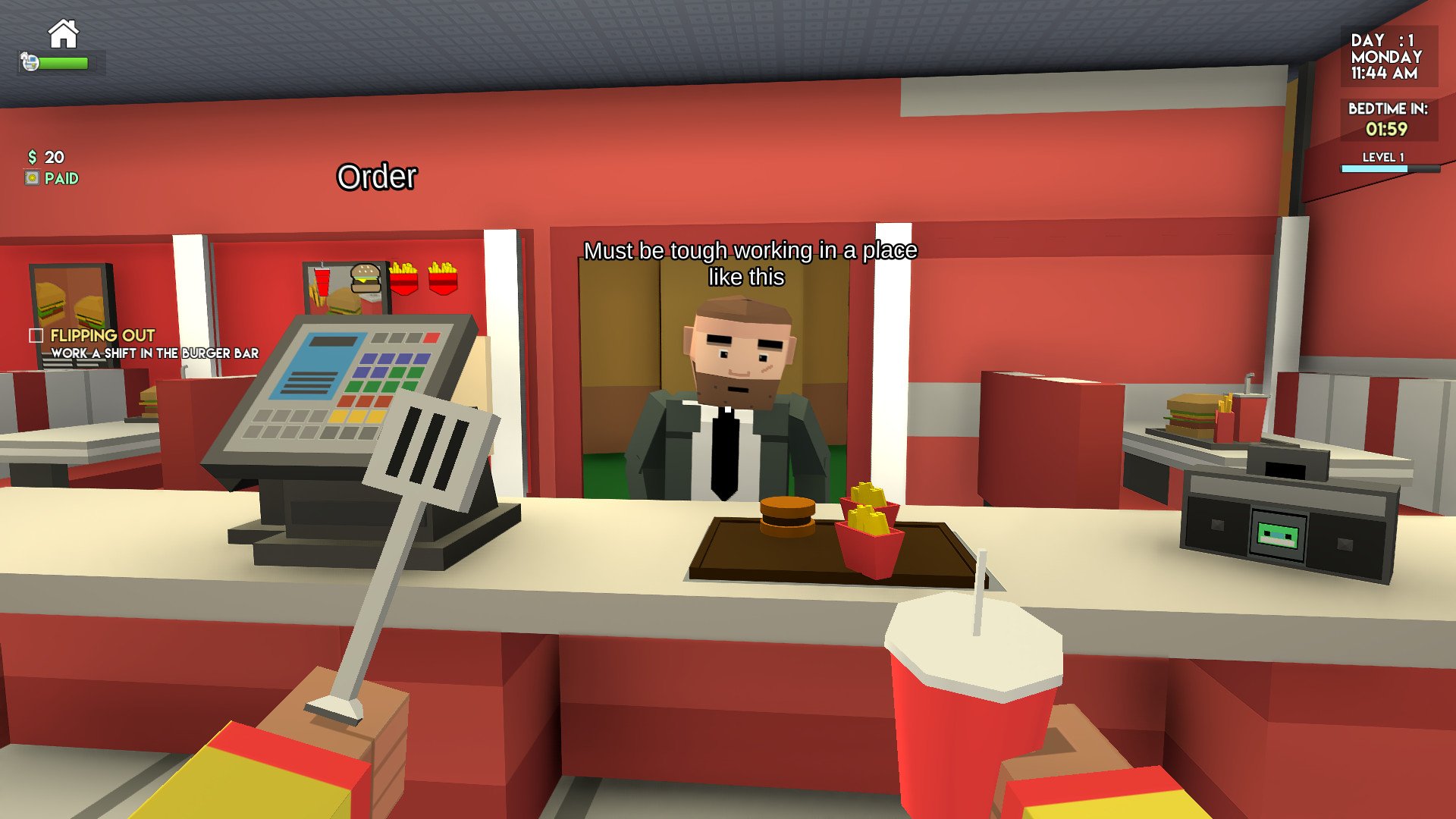
Another stone has been cast in the ongoing debate surrounding the relationship between video games and real-world violence. In a news release earlier this week, the American Psychological Association reaffirmed its stance that there is no link between video games and violent behavior.
“Violence is a complex social problem that likely stems from many factors that warrant attention from researchers, policymakers and the public,” APA President Sandra L. Shullman, PhD, said in a statement. “Attributing violence to video gaming is not scientifically sound and draws attention away from other factors, such as a history of violence, which we know from the research is a major predictor of future violence.”
Not helping matters is the fact that in 2018, the World Health Organization classified gaming addiction as a legitimate, diagnosable disorder. The resulting discussions have been heated, to say the least.
Video game violence is a conversation that dates back to the 1990s when hyper violent games like Mortal Kombat resulted in the formation of the ESRB. In the ensuing decades, there have been many examples of attempted government legislation aimed at regulating the content that can appear in games. For many developers, such efforts are a form of censorship that devalues their work as artists. They also serve as distractions from the real issues of the world.
“I have the same takeaway for every new scientific comment on the subject: it’s always easier for them to blame video games rather than guns, global violence in society, or a lack of education from parents or schools,” Guillaume Jamet, vice president at indie publisher Dear Villagers, told GameDaily. “I believe this cliché will vanish as people are aging. Nowadays most people of 40 and below have played video games. They know how diverse our industry is.”
For Nicholas Laborde, CEO of indie studio Raconteur Games, it’s this near-universal embrace of video games as a premier form of entertainment that provides the strongest argument against its supposed link to real-world violence.
“Gaming is so universally accepted as an entertainment medium now–and given that many kids being born now have at least one gamer parent–the discussion seems to pop up less frequently. The evidence is clear: video games do not cause violence,” Laborde told GameDaily.
That being said, many developers–indies in particular–have come to question the value (if any) violent gameplay adds to an experience.
“I do often consider both as a developer and a consumer why so many things have to be violent,” Laborde admitted. “I remember watching E3 last year and thinking so many times, ‘Why does that one have to have guns?’ Gaming demographics are not predominantly men seeking machismo action-shooter experiences; in fact, that likely has created barriers to non-gamers who think gaming and only see GTA or CoD as ‘what people play.’”
Mike Rose, director of indie publisher No More Robots, echoed much of Laborde’s sentiment.
“On a personal level, I’m not a huge fan of gratuitous violence in video games, and I do think it sucks that so many of the biggest games are focused around shooting,” Rose said. “Right now we’re publishing a game called Family Man, which is our first ‘violent’ title. But the twist with Family Man, is that you don’t actually have to use violence in the game at all. And in fact, whenever you do bad things, it makes the game harder, and makes your family life more unbearable, as you hide the horrible things you’re doing from your loved ones. So the game is more of a test of what sort of player you are, and whether you feel like violence solves situations.”

Unlike Jamet, Rose isn’t confident that video games can ever escape the reputation that their violence can spill over into the real world, largely because of stubbornness.
“I don’t think video games will ever shake the stigma, because so many of the older generation have already made their minds up, and politicians know they can use that to their advantage,” he added.
For Laborde, helming an indie studio is a great opportunity to show off the creative potential of storytelling in games without resorting to violence. However, it can be challenging to overcome public expectations that surround video games.
“Making a game about a lost dog trying to find its way back home, the subject of violence comes up both internally among the team and externally from players,” he explained. “Our team asks questions such as, ‘Does this need to be that way? How can we accomplish the same thing without any violence? What can create danger and peril without violent undertones?’”
Because violence is so baked into what it means to be a video game, Laborde said that players often approach him and the team at Raconteur with a number of assumptions.
“I pitch them the game, harkening back to the animal movies we grew up with, and then the color drains from their face,” he said. “They assume the dog will die! I always have to reassure folks that our story will be impactful, but not violent–perhaps that speaks more to animal stories, but it’s in the same vein.”
By now, the debate about video games’ effects on real-world violence is nothing more than a rehashing of the same old arguments. Time and time again, psychologists have pointed out that there’s no tangible evidence linking the two. And yet the conversation continues. Hopefully, as games begin to tell more nuanced and impactful stories, the medium can escape this tired stigma.
Sam, the Editor-in-Chief of GameDaily.biz, is a former freelance game reporter. He's been seen at IGN, PCGamesN, PCGamer, Unwinnable, and many more. When not writing about games, he is most likely taking care of his two dogs or pretending to know a lot about artisan coffee. Get in touch with Sam by emailing him at sdesatoff@rektglobal.com or follow him on Twitter.
 GameDaily.biz © 2025 | All Rights Reserved.
GameDaily.biz © 2025 | All Rights Reserved.